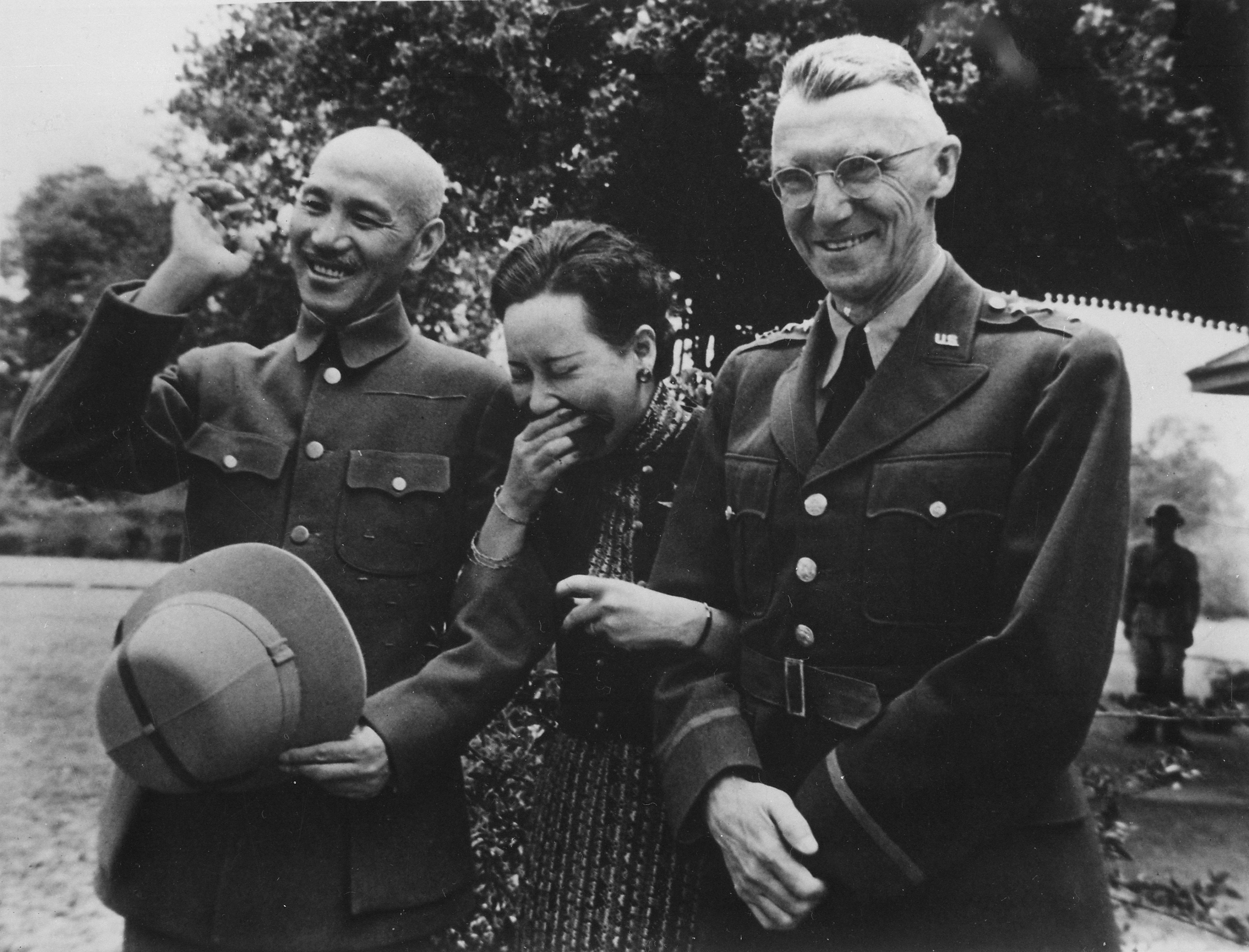(NOTE: Using my emergency blog because I have just emerged from computer hell, and a weekend at the pen, and I have literally not had time to work on anything but that. Will update you on the boys next time.)
What's the deal with China? Are they really out to take over the world? (Maybe)
Are they going to invade? (No)
What do they want? (Life, food, clothing, shelter, a little fun...)
Why don't they understand human rights? (Define your terms.)
How can they call themselves Communist if they practice capitalism? (see below)
Don't they know that's wrong? Don't they know what's wrong? Don't they practice Zen Buddhism? Is that where the samurai came from? (Sigh.) Yes, I've heard all of these and more back in my teaching days.
 |
| Jade Emperor |
First of all, China has been in existence since the Shang Dynasty (around 1600 BCE)
and ever since has considered itself to be the center
of the world: that's why China's name for itself is Zhongguo, the
Middle Kingdom. And China has been the dominant powerhouse of Asia for
almost all of those millennia. To grasp this, consider that America has
been a superpower for less than 80 years, and we're pretty possessive
about our status. Every week - probably every day - some
pundit/politician is screaming about America losing its dominance in the world sphere as if that is going to bring about the end of the world.
Meanwhile, China laughs. Being the
dominant cultural, economic, and military presence in Asia for over 3000 years
has meant that the Chinese pretty much see everyone else as culturally
inferior barbarians. Yes, they're willing to
adopt the technological advancements or cultural quirks those crazy barbarians come up with that might be helpful or fun, like KFC or cars– but that doesn't mean they're going to adopt Western ideology. Why should they?
The truth is, China and the West share almost nothing in background, history, religion, or social values. China never experienced Alexander the Great, Julius Caesar, or Napoleon. The West never experienced Qin Shihuangdi (the emperor of the Qin Dynasty, from which we get the name China), Cao Cao, Empress Wu, or Kublai Khan. And most Westerners have never even heard of them.
 |
| Empress Wu |
China knew absolutely nothing of the Roman empire, the Renaissance, the Reformation, or the discovery of the New World. On the other hand, the West knew absolutely nothing about the Zhou, Qin, Sui, Tang (a Golden Age), or Song Dynasties. Chinese and Western history only merge in the 1840's. And even then, the West never bothered to learn Chinese history. (For the most part, we still don't.) They just wanted the porcelain, silk and silver.
N
OTE: Porcelain is French for pigs in wool: the first imports to the West (post-Roman empire) were to the French court, which was the only one that could afford them, and the merchants brought lots of pigs (porc), a symbol of good luck and fortune in China, wrapped in wool (laine) to keep them from breaking.
S
ECOND N
OTE: The West got gunpowder, paper, pasta, and various navigation equipment from China, but, since (once imported) all of these could be made at home, the Chinese did not get credit for them for a very long time.
Back to differences: in the West, the religious background is primarily Judeo/Christian/ Islamic; in China, it's Confucian/Daoist/Buddhist.
 |
| Lao Tze, Confucius, and Buddha frolicking in a glade |
The great Western religious are monotheistic, exclusive (you can only believe in one at a time) and have a strong belief in the afterlife; the Eastern religions aren't and don't. You can be a Daoist Confucian Buddhist, no problem. On the other hand, in the West, science has practically become a religion, in which nature is a group of objects that we can use, shape, predict, control. In Asia, animism– the idea that every stick and stone has a living spirit in it– was (and still to some extent is) the norm.
The Western philosophical background is Socrates, Plato, and Aristotle; theirs is Confucius and his followers. Our philosophical tradition is one of logic and reason, and it's bred in our bones. We believe, naturally, innately, that when a thing is proved, it's proved, and you cannot hold two opposite beliefs at the same time without something serious being wrong with you. The Eastern way of thought is based on harmony and synthesis. Just because you prove one thing doesn't automatically mean that its opposite is wrong. In the Eastern mind, two opposites can - and should - balance each other very well, because that's what life is all about: yin/yang, male/female, good/evil, etc. Instead of creating equality by
erasing differences, equality comes through fulfilling separate spheres
that balance each other.
Our social background, especially in America, emphasizes individualism, freedom, and equality. The Chinese social background emphasizes community (especially the family), loyalty, filial piety, and hierarchy. Harmony is the primary goal on all levels of life, which can lead to a lot of sublimated emotions in the search for exterior peace. It also means that, if there's a choice between order and freedom, guess which wins? Order, every time. For thousands of years, the watchword of every government has been "Stability above all."
 |
| Qin Shihuangdi |
A lot of this is thanks to Qin Shihuangdi, the most ruthless emperor of Chinese history. In less than 20 years, the Qin Emperor set up a system of unified weights and measures, laws, money, and written language, all of which are still pretty much in place. He built roads, bridges, and much of the Great Wall of China using slave labor. He also came up with all sorts of ways to control the people, including thought control.
Legend has it that he burned all books except for "useful" ones like medical or agricultural works; that he tried to wipe out Confucianism and its teachers; and set in place the still-useful idea of collective responsibility. Basically, under collective responsibility, if one person committed a crime, or was just suspected of it, his entire family, perhaps his entire clan, would be arrested, tortured, perhaps killed. This encouraged people to police their own family, even to the point of turning them in, in order to save the clan. Harmony, order, above all.
Mao Zedong liked the Qin Emperor's style, and claimed to be his reincarnation. Certainly the Cultural Revolution appeared to be a Qin repeat, in which entire families were wiped out or sent to the country for reeducation because someone was a teacher, doctor, or otherwise educated. (NOTE: Mao was crazy, but not a fool - during the Cultural Revolution, Chinese nuclear scientists were kept carefully protected from any harassment.) Today all of the horrors of the Cultural Revolution are blamed on Mao's 4th wife, Jiang Qing, former actress and leader of the "Gang of Four". Mao is still officially revered, even worshipped as a (minor) deity among some. But the cult of Mao is why any current Chinese leader who appears to be rising up above the norm (i.e., have a personality) is quickly chopped down (see Bo Xilai, soon to be tried by the Supreme People's Court for everything from corruption to murder; he may be guilty of some of it, but his primary crime was being interesting).
But what about Communism? Well, I could go into all the philosophical/political differences between Chinese Communism and Russian Communism - for one thing Chinese Communism basically threw out the thought of Karl Marx and Lenin because they had to. But the real way to look at it is quite simple: The Chinese Communist Party is basically the latest Chinese Dynasty. Mao Zedong led a cult of personality, just as the founder of almost every dynasty has (especially the Qin Emperor - maybe Mao
was the reincarnation). But really, the
style of government barely changed: the Chinese government always had tight control of almost every aspect of Chinese life, laws have always been strict, the peasants have always been screwed, and everyone has always been scrambling to get wealthy. As Deng Xiaoping said (after Mao's death): "Poverty is not socialism: to get rich is glorious." They're still practicing that, too.















